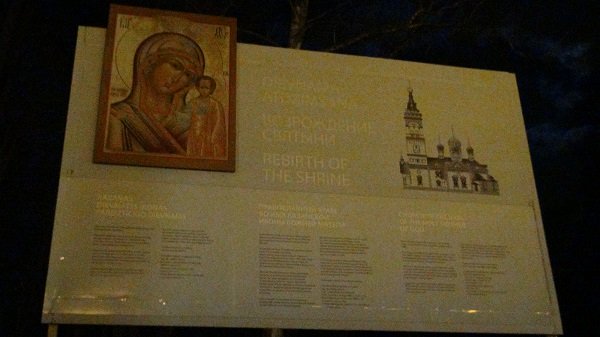Irreligiousness (Atheism) in Latvia is largely a product of Soviet occupation, when it was heavily promoted.
After occupying Latvia, Soviets have closed and demolished numerous churches and houses of worship, while others came under constant surveillance. On the one hand, being religious in Soviet Latvia was unprofitable as it hampered career, on the other hand it was also difficult as religious education was not available and materials were hardly accessible.
Due to this the church attendances decreased and faiths were not properly passed onto new generations. That is especially said about the smallest faiths (Jewish faith, Islam) and Lutheranism.
A part of the Latvia’s irreligious (especially among ethnic minorities) have adopted the doctrine of “Soviet atheism”, which was arguably a fundamentalist faith on itself. While deeply critical of any thought of God, it regarded Marxist-Leninist doctrines as indisputable truth (the non-recognition of which may have even led to one’s forcible treatment in psychiatric wards). Some still follow “Soviet atheism”, some others have replaced it by similar “Western far left atheism”.
While Latvia remained among the most irreligious states of the world, irreligiousness has actually declined after independence with some people refinding their forefather’s faiths while others joining new (mostly Christian) religious communities led by enigmatic preachers whose sermons just became legal.

Currently some 15-30% of Latvia’s population is irreligious. It is difficult to draw the line, as many Latvians are “almost irreligious”, believing in just those few tenets of their faith that were passed onto them by their parents.
